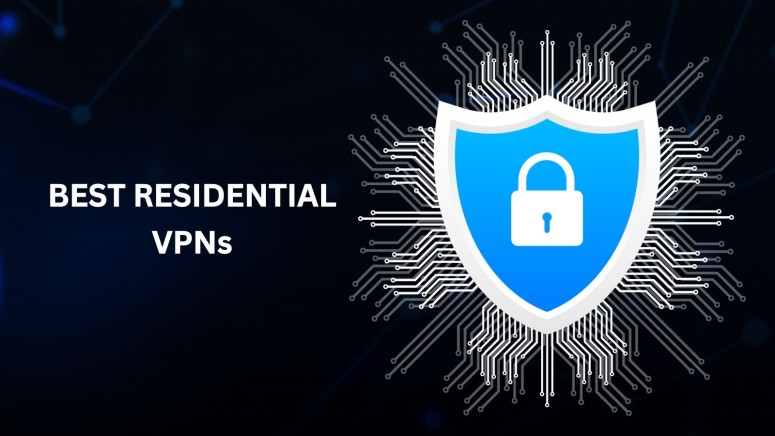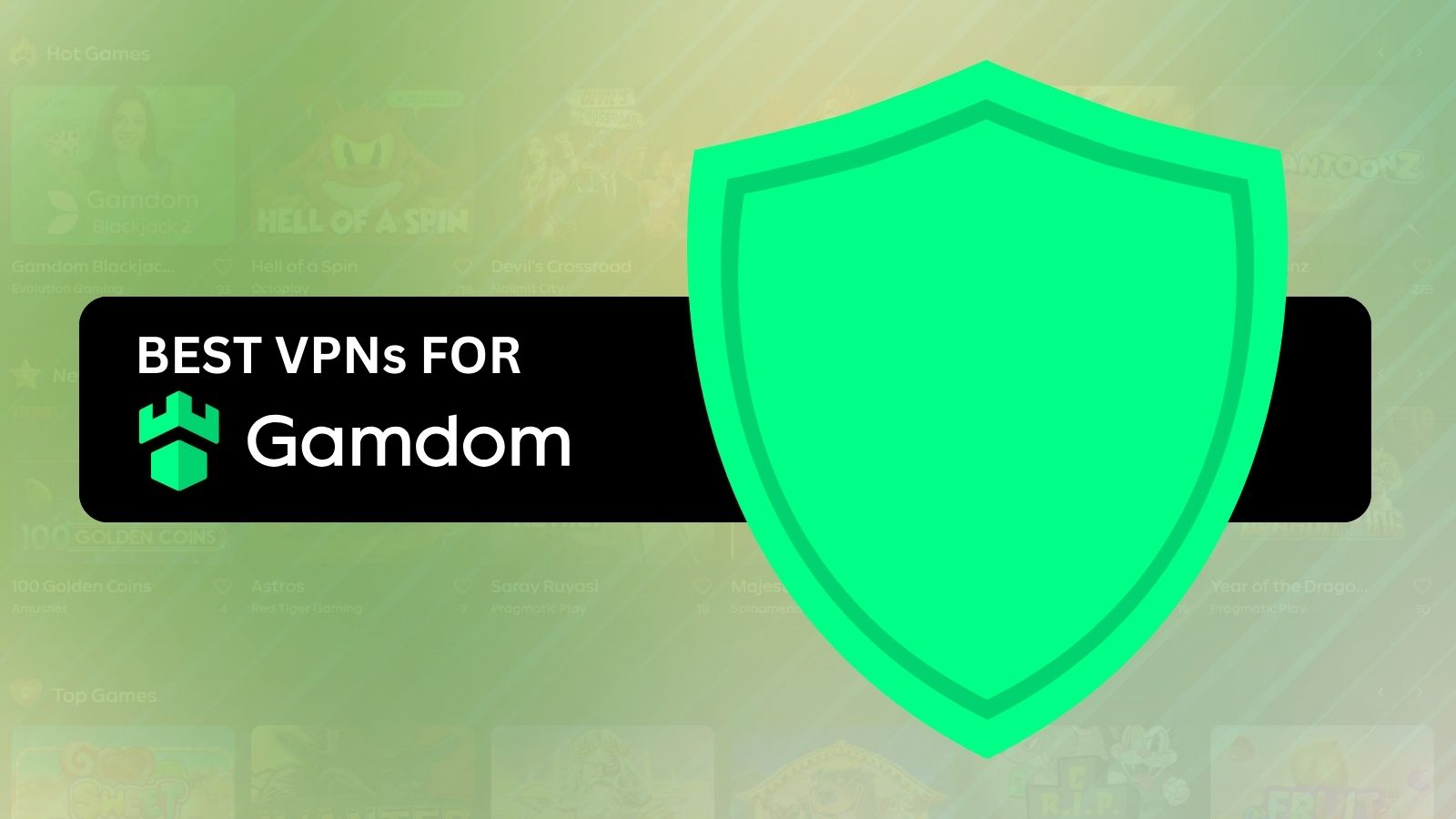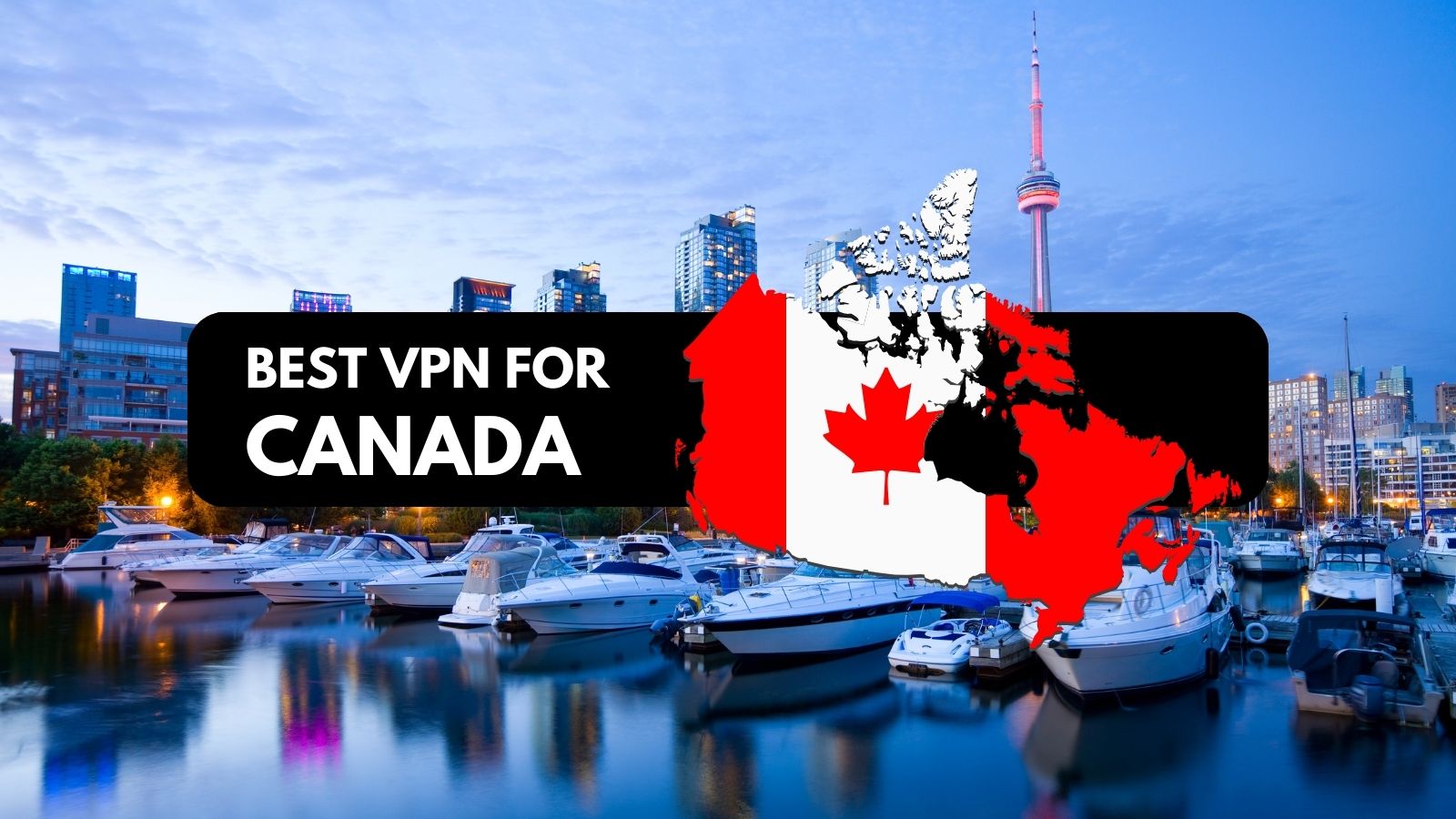Residential IP VPNs Are Overrated – Choose a Dedicated IP or Trusted VPN Instead
Our experts have reviewed 53 VPN providers, which were put through extensive rounds of testing. To learn more about that process, here’s how we review VPNs, where we explain our criteria and our policy of being fully transparent.
Residential IP VPNs are often seen as the best way to stay undetected online. Since they use IP addresses assigned to real homes, they appear more "natural" to websites and platforms that block traditional VPNs. Because of this, many users are drawn to them, thinking they offer superior privacy and access.
But the truth is, even the best of the best residential IPs come with major downsides—many of which go unnoticed until it's too late. From slower speeds to ethical concerns about how those IPs are sourced, residential VPNs aren't always the smart, safe, or reliable option they’re made out to be.
In this guide, we'll explain what residential IP is and what the pros and cons of having one are. We will further discuss some alternatives, like getting a dedicated IP or a reputable VPN provider that offers secure shared IPs. Plus, we’ll draw a comprehensive difference between them, as well as answer some FAQs.
What Is a Residential VPN?
A residential VPN is a type of VPN that uses real IP addresses provided by Internet service providers (ISPs) to regular homes. These IP addresses belong to real people, just like the one you use at home. So, when you connect to the Internet through a residential VPN, it looks like you’re browsing from a normal household, not from a VPN or data center.
Residential IPs are highly useful for:
- Sneaker botters who want to avoid bans during limited-edition releases.
- Users accessing streaming platforms that block regular VPNs.
- Web scrapers who need to bypass CAPTCHAs and avoid IP bans.
- Social media managers handling multiple regional accounts.
- Freelancers or remote workers needing secure, local-like access from abroad.
- Crypto and NFT users needing safer, more trusted connections for transactions.
Are Residential IPs Worth in 2025? Let’s Weigh the Pros and Cons
Residential IPs are often hyped as a “stealth” solution to bypass geo-blocks and avoid detection. While they do have a few genuine use cases, the reality is that their downsides far outweigh the benefits, especially for everyday users. Here’s a closer look at the real trade-offs:
PROS
- Appear as real user traffic (less likely to be blocked)
- Helpful for sneaker bots and some scraping tools
- Can bypass aggressive geo-blocks
CONS
- Often sourced through shady or peer-to-peer networks without consent
- Slower speeds due to non-optimized home networks
- Very expensive compared to other VPN solutions
- Risk of blacklisting due to shared misuse by other users
- Lack of transparency in how IPs are sourced and rotated
- No consistent control—IPs change often and may not work reliably
As shown in the table above, getting best residential VPN services might sound promising at first, but when you dig deeper, they fall short in key areas like speed, reliability, transparency, and long-term usability. So, what’s the smarter alternative? Is there a better, safer way to stay private and access the content you need? Absolutely. Let’s explore the options that truly deliver on performance and trust.
Better Alternatives: Dedicated IPs and Reputable Shared VPNs
If residential IPs sound more like a headache than a help, you’re not alone. Luckily, there are two much better choices you can use instead: dedicated IPs and trusted shared VPN IPs. Both give you good privacy, solid performance, and ease of use, without the confusion or ethical issues that come with even the best residential VPN providers.
1. Dedicated IPs
A dedicated IP is a distinct, static IP address that your VPN provider assigns to you exclusively. A dedicated IP is yours for as long as you maintain the subscription, in contrast to residential IPs, which are shared and frequently rotated among several customers.
Because of this, it's a great choice for anyone who appreciates dependability and security. It's perfect for:
- Secure logins to banking and business accounts that often flag shared or frequently changing IPs.
- Remote access to office networks or home servers.
- Stable streaming with fewer CAPTCHAs and a much lower risk of being blacklisted.
- Whitelisting: You can add your dedicated IP to specific apps or platforms that only allow known addresses.
In short, a dedicated IP offers a clean online reputation and a smoother user experience, especially if you log into sensitive services regularly. We highly recommend you check out these 5 most-reputable Dedicated IP services for a smoother and care-free online experience in 2025. Apart from recommending our top picks, in this guide, we have also explained the best ways to pick a dedicated IP, how to set it up and use it, and things to keep in mind while using one!
2. Trusted Shared VPN IPs – Affordable & Anonymous
Don’t need a static IP? Then a shared VPN IP from a trustworthy provider may be perfect for you. These IPs are rotated among many users but are managed by professional VPN services that protect against misuse and overcrowding.
Here’s why they’re better than residential IPs:
- Optimized for speed and performance: You get access to fast servers designed to handle high traffic without slowing down.
- Built-in privacy protections: Your online activity is mixed with others, making it harder to trace back to you (great for anonymity).
- Great for general use: Good for uses from streaming and browsing to occasional torrenting or gaming.
Reputable VPNs also use advanced technologies like obfuscation, VPN kill switch, split tunneling, and RAM-only servers, which means your data is never stored and your VPN traffic is hidden, even from deep-packet inspection. If a reliable VPN is what you desire, we highly advise you to check out our list of the best VPN services in 2025. Furthermore, you can also explore our top picks for more streamlined uses, such as:
Residential IP vs Dedicated IP vs Shared VPN – A Comprehensive Analysis
When it comes to choosing the right type of IP address for privacy, security, or performance, things can get confusing. That’s why it’s important to weigh them against each other. Here’s a full breakdown to help you decide:
Final Thoughts
While residential IP VPNs have gained popularity, they’re far from being the best all-around solution, especially with many advanced options in 2025. Their appeal often fades once you face inconsistent performance, unexpected blocks, or hidden privacy concerns.
Instead of risking your privacy or wasting your money, you’re much better off choosing a dedicated IP or a trusted shared VPN service. Both give you better speed, more control, and stronger protection, without all the hidden issues. Whether you want consistency for streaming and work or strong anonymity for daily browsing, these two options are smarter, safer, and built for long-term use.
This is everything you need to know about the best residential VPN services. If something is not clear, don't hesitate to leave a comment below. Thank you for reading.









